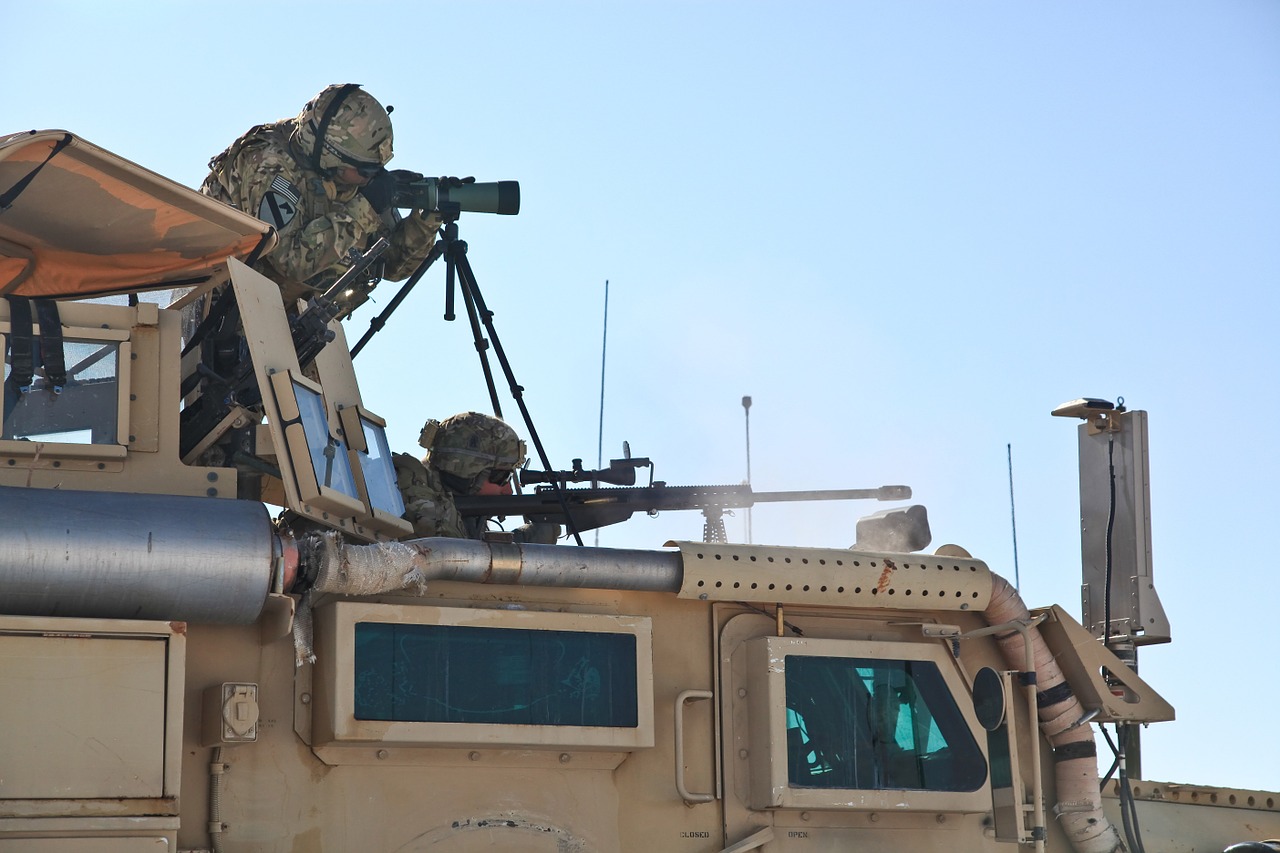
On a visit to Baghdad this week, Gen. Frank McKenzie, chief of the Pentagon’s Central Command, announced that US forces in Iraq will be reduced in the coming weeks from some 5,200 troops to about 3,000. McKenzie later told reporters that troop levels in Afghanistan will drop from the current 8,600 to 4,500. All of this is to happen by “late October,” he said. How convenient. (AP, Politico) This all smells more of politics that strategy. There are still more than 10,000 ISIS fighters remaining across Iraq and Syria, according to a UN estimate from August. So, as Defense One comments, “any ‘mission accomplished’ moment remains elusive to clear-eyed observers of ISIS and the Middle East.”
Note that this also comes as Trump faces strained relations with the Pentagon after reports that he had mocked fallen soldiers as “losers” and “suckers.” Speaking at a White House press conference two days before McKenzie’s announcement, Trump blasted the “endless wars” as “one cold-hearted globalist betrayal after another”—and said leaders at the Pentagon probably aren’t “in love with me” because “they want to do nothing but fight wars so that all of those wonderful companies that make the bombs and make the planes and make everything else stay happy.” (Politico)
Once again, the perverse notion of a president who has illegally grabbed Syrian oil-fields and made good on his campaign promise to “bomb the shit out of ’em” as a hippie pacifist.
A far-right Norwegian politician, Christian Tybring-Gjedde, has even nominated Trump for the 2021 Nobel Peace Prize—for brokering the “historic peace agreement” (sic!) between the United Arab Emirates and Israel, two countries that have never fired a shot against each other. (The Telegraph) (The deal was celebrated as Israel was again bombing Gaza, but I guess we’re not supposed to talk about that.)
Interestingly, news of the troop draw-downs was preceded by an Aug 20 Reuters story, “Trump redoubles vow to withdraw troops from Iraq; eyes prospects for oil deals.” It stated that five US firms, including Chevron, had just signed agreements with the Iraqi government to expand oil output, a deal “aimed at boosting Iraq’s energy independence from Iran” (and, we may assume, making money for Chevron). San Francisco Business Journal informs us that Chevron to is carry out exploration work at the Nassiriya field, which is estimated to hold about 4.4 billion barrels of crude.
Still more interestingly, these developments come as Chevron is also poised to increase its footprint in Central Asia. Caspian News reports that a new US-Kazakhstan Business Council (USKZBC) is being launched, to replace and supercede the existing US-Kazakhstan Business Association (USKZBA). The new council is aimed at spearheading a new thrust of corporate investment in Kazakhstan—and it is to be led by Chevron. The report also notes that this comes as the State Department has released a new document, “United States Strategy for Central Asia.” It says that US aims in the region include to “promote connectivity between Central Asia and Afghanistan,” especially in “energy infrastructure and trade initiatives.” This can only be a reference to finally following through on the long-planned trans-Afghanistan pipeline to deliver Central Asian oil to global markets.
We’ve been hearing talk of a US “withdrawal” from Iraq and Afghanistan for years—but military advisors and contractors have always remained, and ground troops have always been sent back in again as soon as things start to get out of hand. And as long as oil money follows the military, that will always be the case. Don’t be fooled.
Photo: Army Amber via Pixaby





Trump: out of Afghanistan, into Iran?
A telling juxtaposition of stories. The White House is to bring home 2,500 troops from Afghanistan and Iraq by the end of the year—against the guidance of top military officials. The drawdown order that reduces the US presence by about a third, from 4,500 to 2,500 in Afghanistan and 3,000 to 2,500 in Iraq. (NPR) Almost simultaneously it is revealed that Trump called an Oval Office meeting of senior advisers to weigh military strikes against Iran’s main nuclear site at Natanz in the coming weeks. (NYT)
How do we read this? He is bringing home the troops from Afghanistan and Iraq to enforce his pending coup d’etat at home, with a fomented crisis over Iran as the excuse.
You read it here first.